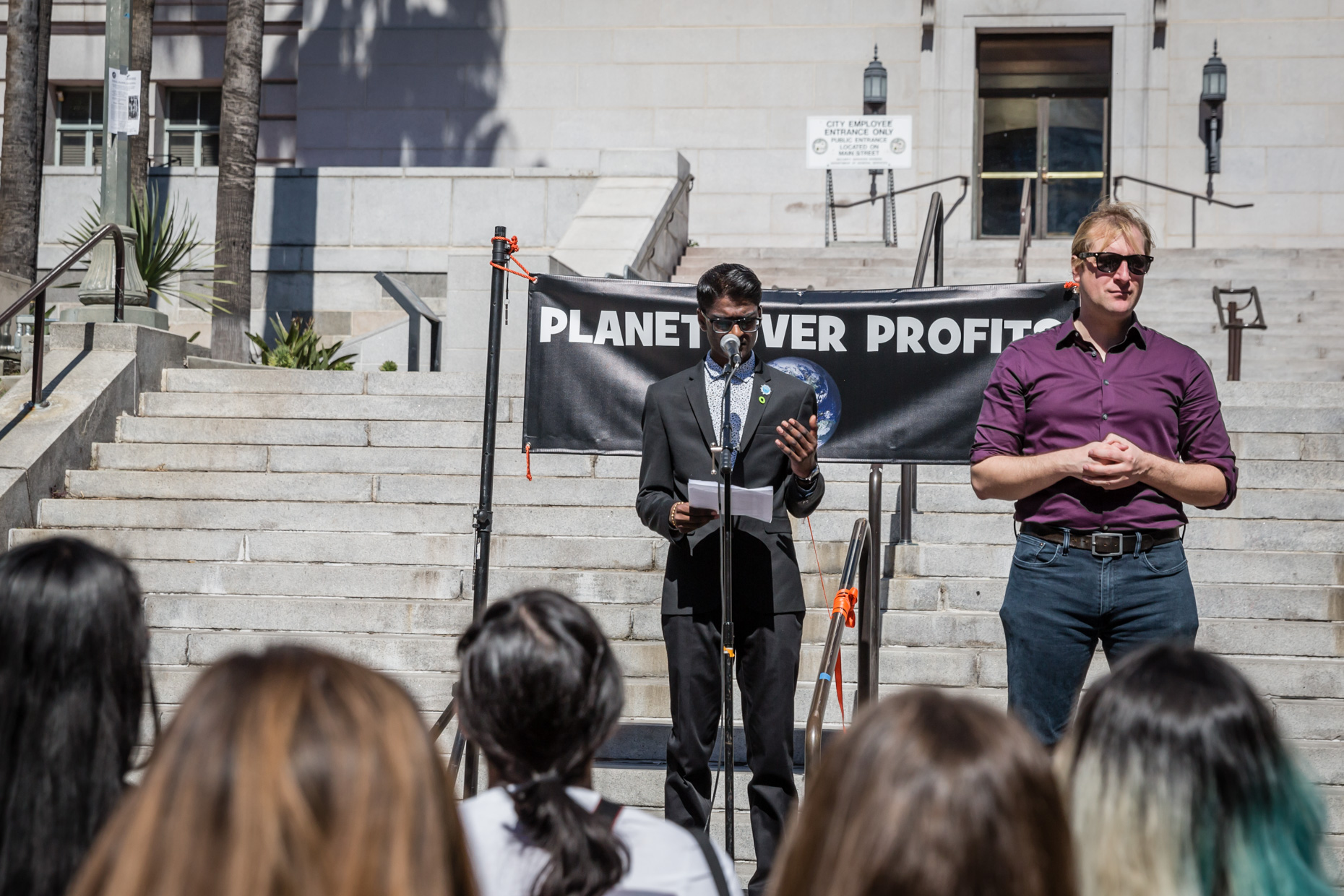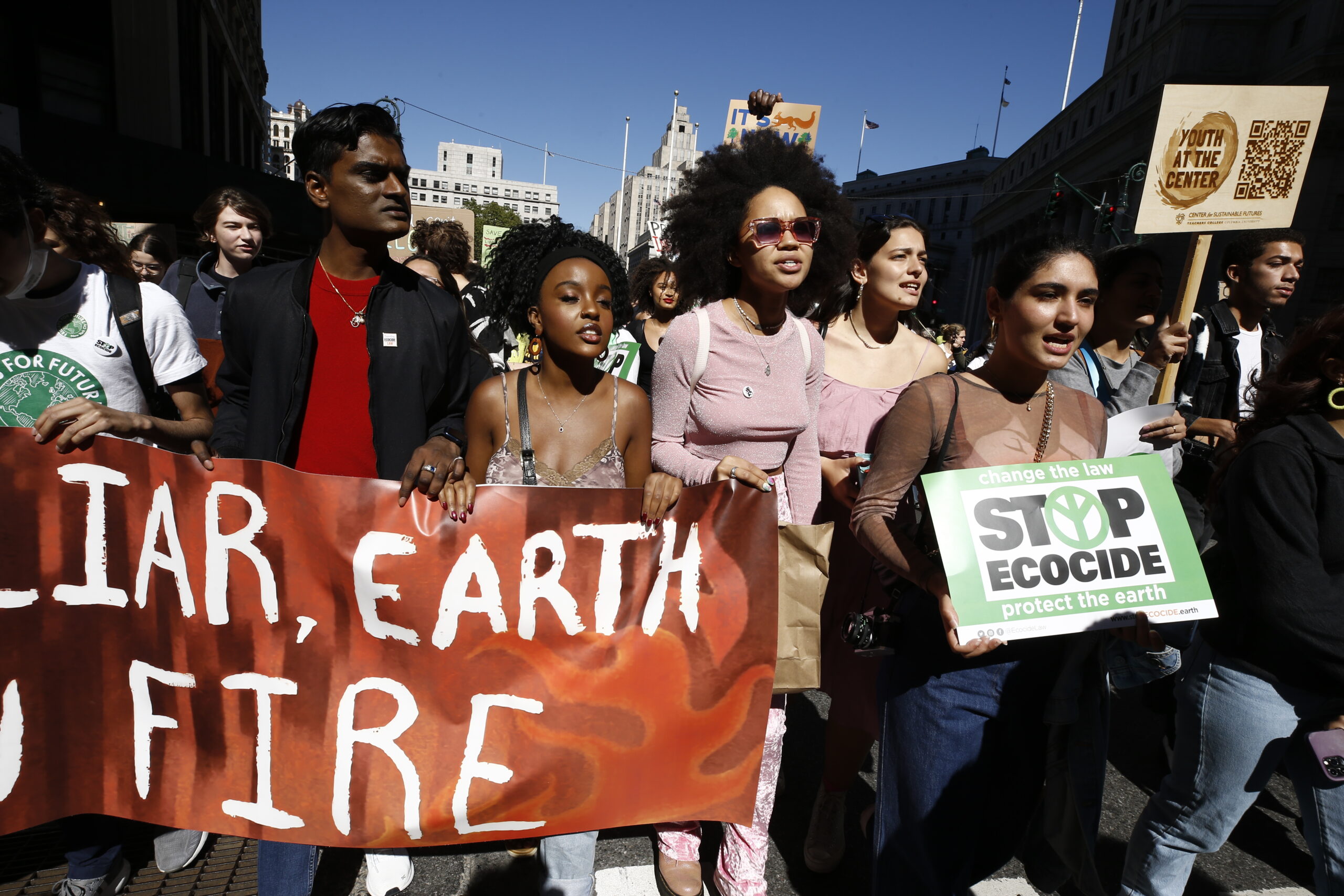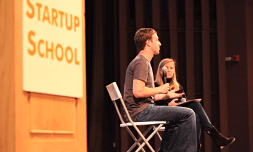We spoke with the intersectional climate justice activist and founder of OneUpAction International about his mission to support and empower young leaders to implement solutions by providing them with the resources they need to be changemakers.
‘Community is where it begins,’ says Kevin J. Patel, an intersectional climate justice activist who’s spent the last decade advocating for the environment.
He is the son of working-class, Indian immigrants, who relocated to the United States before he was born. They did so because farming was already becoming unsustainable due to the impacts of environmental breakdown.
As Kevin tells me, with the agriculture industry continuously being devastated by flooding, heatwaves, droughts, extreme weather, and other natural disasters (even then, though the reality today is far worse), it was not economically beneficial for farmers to stay put.
‘While they loved India, they couldn’t make enough money to survive,’ he says.
In search of better opportunities, they uprooted their lives and moved to the US, where they eventually ended up settling in a neighbourhood in South Central Los Angeles.
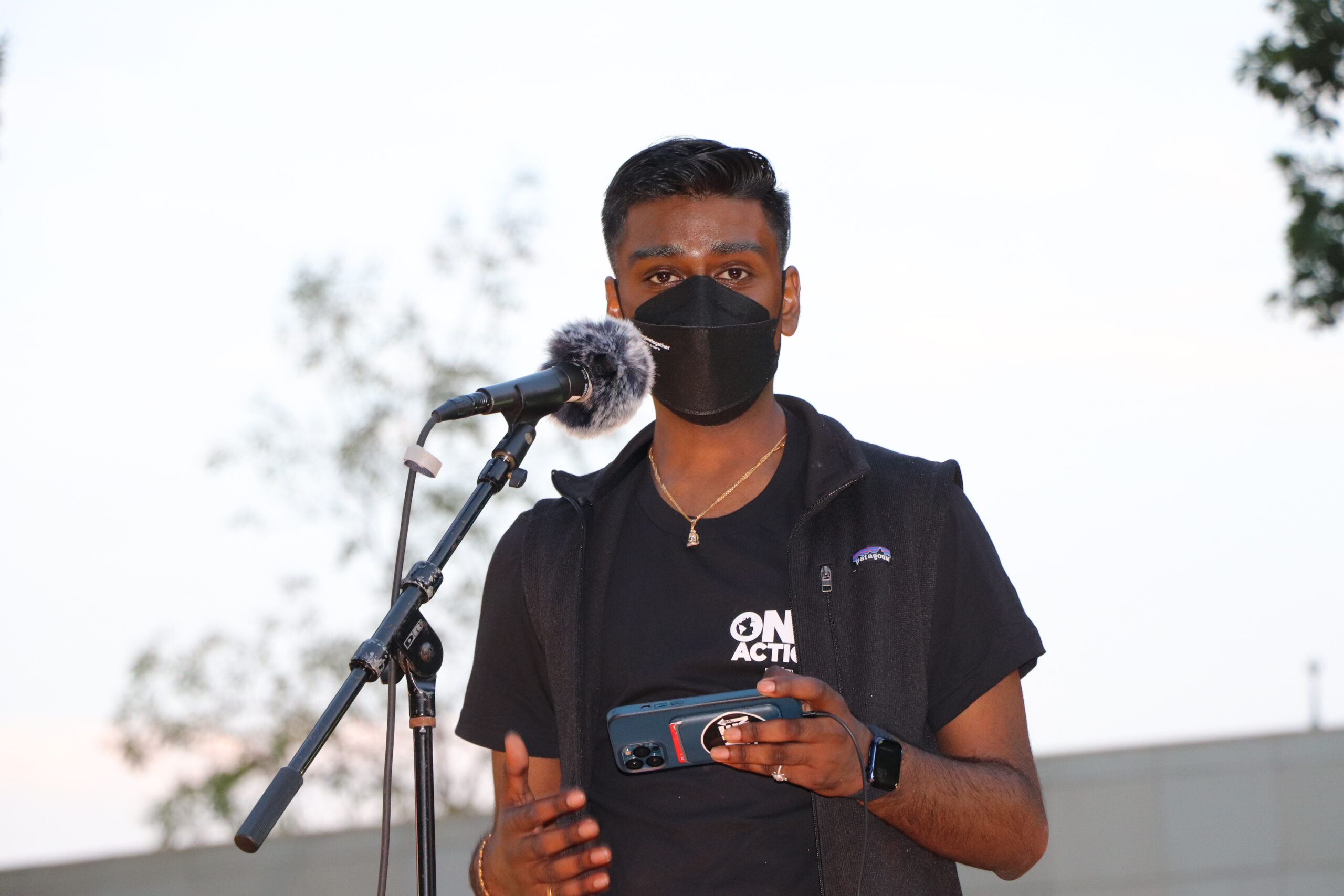
Kevin’s exposure to the harmful effects of climate change that his parents had sought to leave behind would find him there, however.
Growing up in an area classified by research as a ‘sacrifice zone’ – where residents are subjected to heightened levels of smog and hazardous materials despite the adverse health risks this poses – he was diagnosed with arrhythmia caused by poor air quality at just twelve.
‘Some of my friends and family members live near oil refineries,’ he says. ‘It’s not the communities of the rich and affluent in LA that are affected, it’s the low-income communities of colour that are.’
This wasn’t the only issue Kevin dealt with during childhood. Even before experiencing the direct repercussions of living in one of America’s most polluted cities, his introduction to advocacy occurred three years prior when he came to realise that his classmates didn’t know food came from the Earth, not the grocery store or a fast food restaurant.
‘This jump-started my desire to explore the interconnectedness of all these different challenges we face,’ he says.
View this post on Instagram
‘It clicked in my head that it wasn’t a single issue we needed to be confronting, but a multitude. I saw that if I didn’t use my voice to speak out against them and uplift my community in the meantime, nothing would get done and injustices would prevail.’
Igniting his passion for providing underprivileged groups with a platform to express these disadvantages, Kevin took Naomi Klein’s statement that ‘Greta Thunberg may have been the spark, but youth are the wildfire,’ and ran with it.
The result? ‘OneUpAction’, an organisation he launched in 2019 to support the next generation of activists to implement their climate solutions, especially those from marginalised groups.
‘There was a lack of people who look like me within the movement,’ he says.
‘Change isn’t possible without representation that includes BIPOC communities and those on the front lines of the crisis, which is why I felt a space dedicated to supporting them was important.’
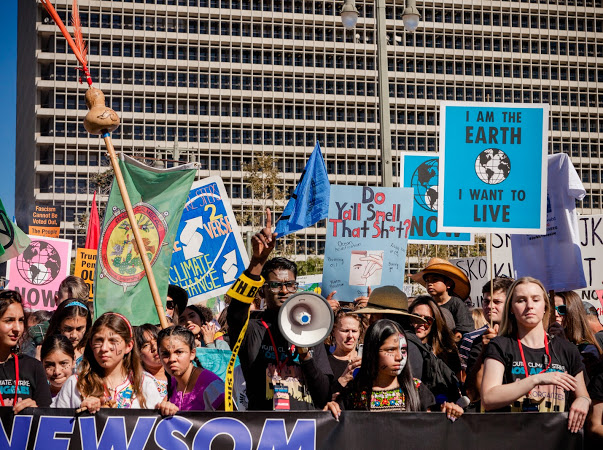
Kevin created OneUpAction to push activism beyond striking, rallying, and protesting, and instead push for tangible, global transformation.
‘How can we one-up our actions within our communities and ensure we’re implementing and accelerating solutions?’, he asks.
By guaranteeing that young people recognise the power of unity, a message that OneUpAction is focused on spreading. ‘Our aim is to let activists interact with each other,’ says Kevin.
‘We’re no longer a platform for BIPOC specifically, we’re a platform for anyone who’s fighting this fight.’
Emblematic of Kevin’s resolute faith in young people, working to nurture their growth in a way that enables them to carry it forward is his self-proclaimed purpose.
View this post on Instagram
As is eradicating the stigma that their age implies less expertise which, as the youth climate movement has proved time and time again, is most certainly not the case.
‘We see the urgency of the situation in front of us,’ says Kevin.
‘We’re not only inheriting this planet; we’re living on it right now. We’re not the generation, the leaders, or the workforce of tomorrow; we’re the generation, the leaders, and the workforce of today.’
Expanding on this, Kevin cites young people’s hyper-awareness about past and future in the context of the crisis as their motivation for working to tackle injustice.









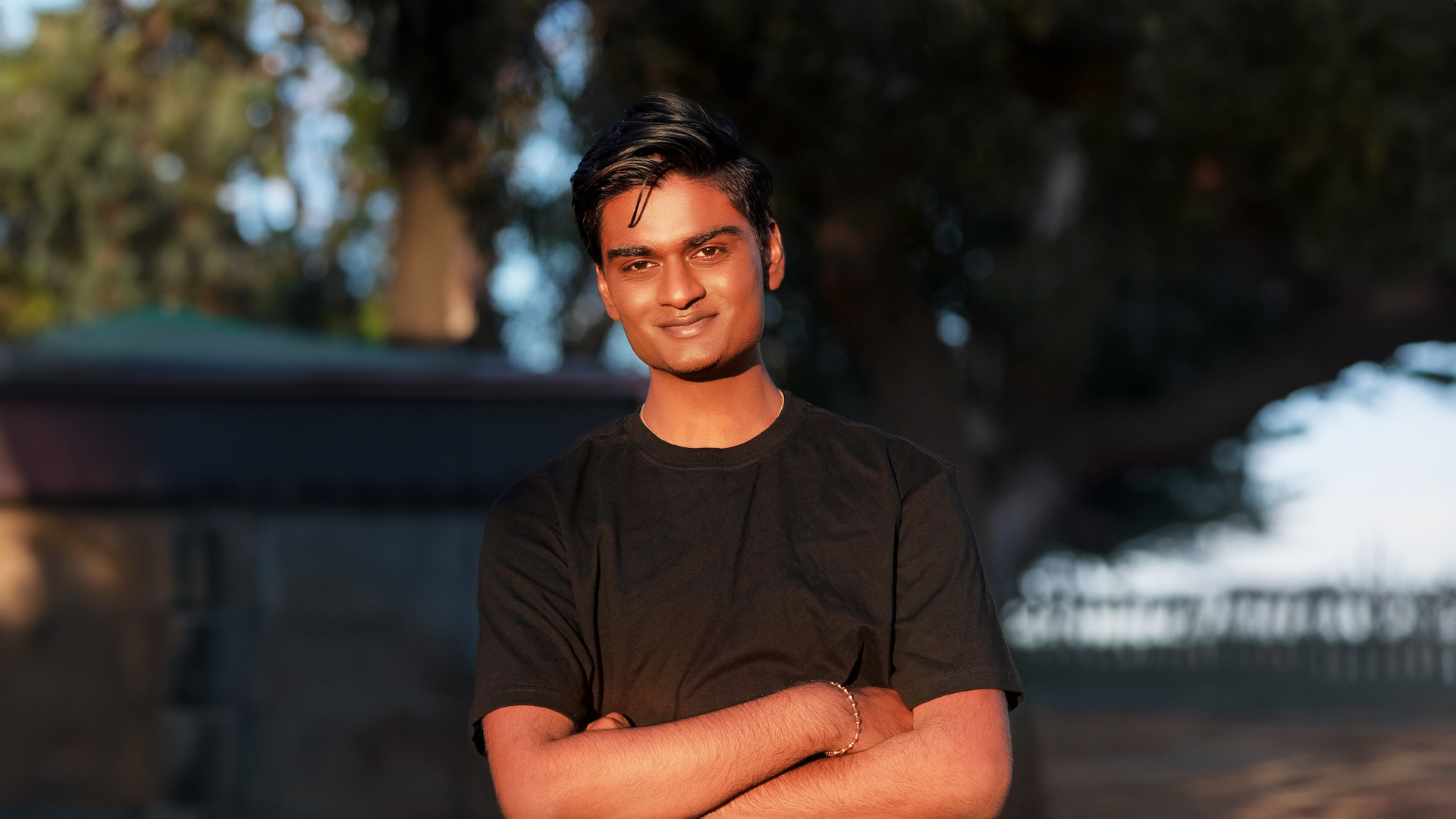
 (@oneupaction)
(@oneupaction)

